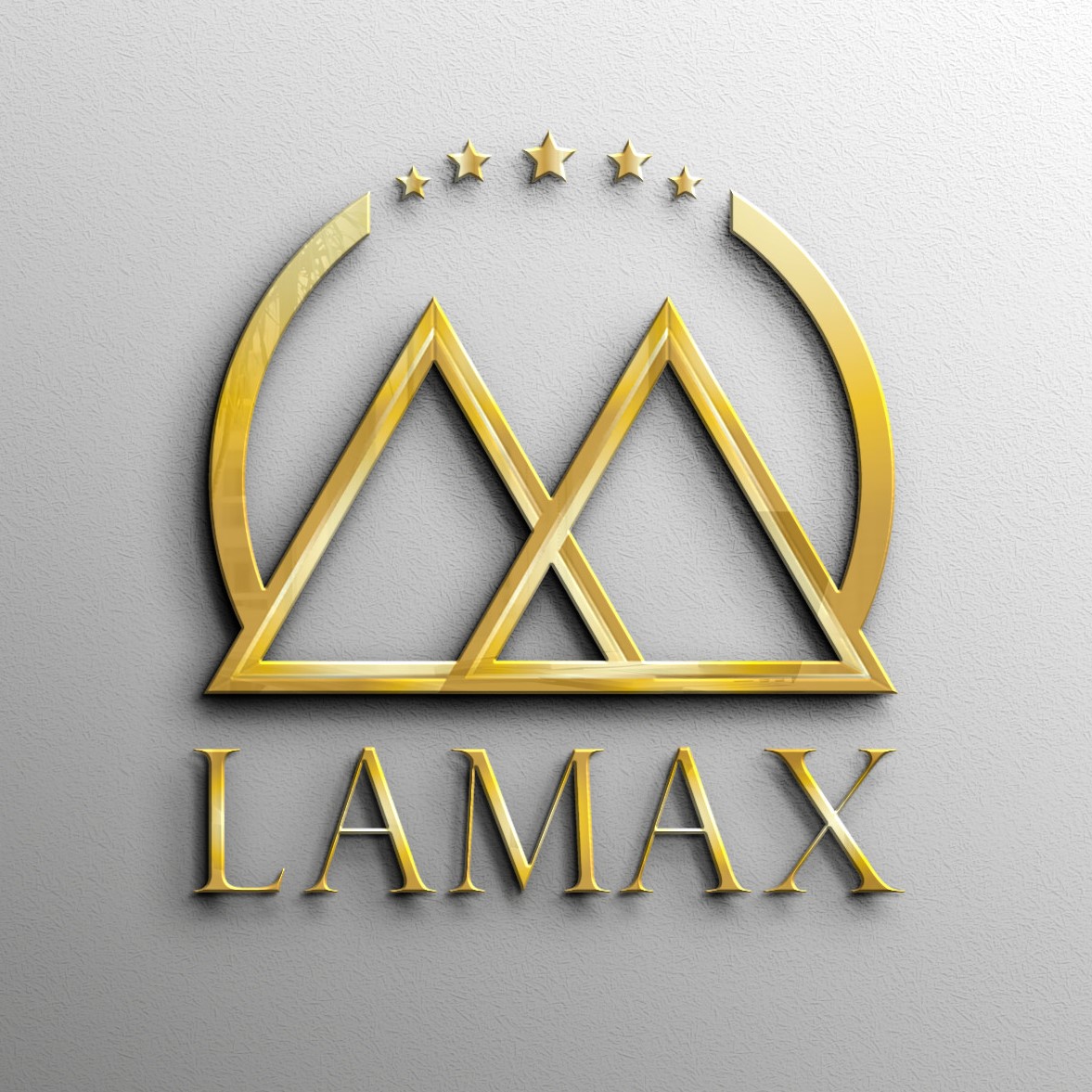Uncategorized
Global Mergers and Acquisitions Activity Picks Up in First Quarter
Global mergers and acquisitions are not yet red heated like these people were during the COVID-19 recovery, but they’re certainly not moribund both. As industry conditions improve, deal activity may well rise because companies look for to consolidate all their positions in specific market sectors or to enhance their capacity to serve consumers.
A number of factors have held back M&A, however. Growing inflation, for example, is raising the costs of capital and turning it into harder for acquirers to take out a loan unless there is a clear should do so. Expertise shortages certainly are a wild card, as many organizations struggle to find employees with the obligation skills.
Seeing that M&A activity picks up, a few sectors might find more deals than others. Energy transaction rooms and products, for example , continue to be of interest to strategic purchasers. The energy transition is marketing green technology, such as Transporter Global Corp’s $13. a couple of billion acquiring the crissis solutions label of Germany’s Viessmann Group. The energy sector as well benefits from commodity prices which make it attractive to enlarge production capability and diversify from fossil fuels.
Private equity (PE) backed deals accounted for 81 percent of the value of global M&A transactions in the first quarter, mainly because reduced competition from cash-rich corporate purchasers and achieved valuations enhanced the benefit of a few assets. Mainly because these assets transfer to the hands of RAPID CLIMAX PREMATURE CLIMAX, investors, they’re likely to look at more offer activity as they pursue vertical integration approaches.

